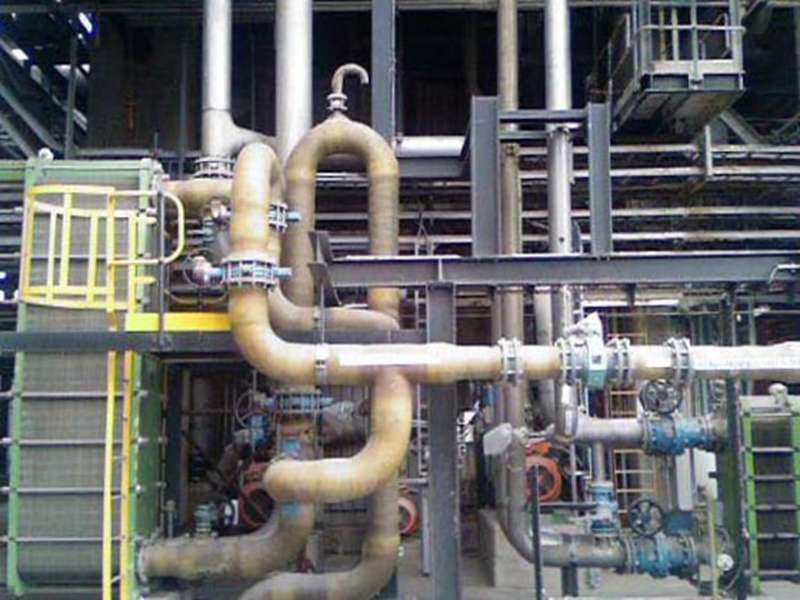
-
 Afrikaans
Afrikaans -
 Albanian
Albanian -
 Amharic
Amharic -
 Arabic
Arabic -
 Armenian
Armenian -
 Azerbaijani
Azerbaijani -
 Basque
Basque -
 Belarusian
Belarusian -
 Bengali
Bengali -
 Bosnian
Bosnian -
 Bulgarian
Bulgarian -
 Catalan
Catalan -
 Cebuano
Cebuano -
 China
China -
 China (Taiwan)
China (Taiwan) -
 Corsican
Corsican -
 Croatian
Croatian -
 Czech
Czech -
 Danish
Danish -
 Dutch
Dutch -
 English
English -
 Esperanto
Esperanto -
 Estonian
Estonian -
 Finnish
Finnish -
 French
French -
 Frisian
Frisian -
 Galician
Galician -
 Georgian
Georgian -
 German
German -
 Greek
Greek -
 Gujarati
Gujarati -
 Haitian Creole
Haitian Creole -
 hausa
hausa -
 hawaiian
hawaiian -
 Hebrew
Hebrew -
 Hindi
Hindi -
 Miao
Miao -
 Hungarian
Hungarian -
 Icelandic
Icelandic -
 igbo
igbo -
 Indonesian
Indonesian -
 irish
irish -
 Italian
Italian -
 Japanese
Japanese -
 Javanese
Javanese -
 Kannada
Kannada -
 kazakh
kazakh -
 Khmer
Khmer -
 Rwandese
Rwandese -
 Korean
Korean -
 Kurdish
Kurdish -
 Kyrgyz
Kyrgyz -
 Lao
Lao -
 Latin
Latin -
 Latvian
Latvian -
 Lithuanian
Lithuanian -
 Luxembourgish
Luxembourgish -
 Macedonian
Macedonian -
 Malgashi
Malgashi -
 Malay
Malay -
 Malayalam
Malayalam -
 Maltese
Maltese -
 Maori
Maori -
 Marathi
Marathi -
 Mongolian
Mongolian -
 Myanmar
Myanmar -
 Nepali
Nepali -
 Norwegian
Norwegian -
 Norwegian
Norwegian -
 Occitan
Occitan -
 Pashto
Pashto -
 Persian
Persian -
 Polish
Polish -
 Portuguese
Portuguese -
 Punjabi
Punjabi -
 Romanian
Romanian -
 Russian
Russian -
 Samoan
Samoan -
 Scottish Gaelic
Scottish Gaelic -
 Serbian
Serbian -
 Sesotho
Sesotho -
 Shona
Shona -
 Sindhi
Sindhi -
 Sinhala
Sinhala -
 Slovak
Slovak -
 Slovenian
Slovenian -
 Somali
Somali -
 Spanish
Spanish -
 Sundanese
Sundanese -
 Swahili
Swahili -
 Swedish
Swedish -
 Tagalog
Tagalog -
 Tajik
Tajik -
 Tamil
Tamil -
 Tatar
Tatar -
 Telugu
Telugu -
 Thai
Thai -
 Turkish
Turkish -
 Turkmen
Turkmen -
 Ukrainian
Ukrainian -
 Urdu
Urdu -
 Uighur
Uighur -
 Uzbek
Uzbek -
 Vietnamese
Vietnamese -
 Welsh
Welsh -
 Bantu
Bantu -
 Yiddish
Yiddish -
 Yoruba
Yoruba -
 Zulu
Zulu
Durable Rectangular Fiberglass Tanks for Versatile Storage Solutions and Efficient Liquid Management
Understanding Rectangular Fiberglass Tanks A Comprehensive Overview
In various industrial applications, storage solutions are paramount to operational efficiency. Among these solutions, rectangular fiberglass tanks have gained significant prominence due to their versatility, durability, and cost-effectiveness. This article explores the features, advantages, applications, installation, and maintenance of rectangular fiberglass tanks.
Features of Rectangular Fiberglass Tanks
Rectangular fiberglass tanks are crafted from a composite material consisting of glass fibers and resin, which together provide a lightweight yet robust storage option. The rectangular shape is particularly advantageous for maximizing storage space, especially in environments where horizontal space is limited. These tanks come in various sizes and can be customized to meet specific requirements, whether for residential, commercial, or industrial use.
One of the key features of fiberglass is its resistance to corrosion, making it ideal for storing various liquids, including chemicals, wastewater, and potable water. Moreover, fiberglass tanks are non-reactive, ensuring that the quality of the stored liquids is maintained without contamination. The smooth surface of fiberglass also aids in minimizing bacterial growth and facilitates easier cleaning.
Advantages of Rectangular Fiberglass Tanks
The advantages of using rectangular fiberglass tanks are manifold. First and foremost, their inherent strength allows them to withstand extreme environmental conditions, including temperature fluctuations and pressure changes. Furthermore, unlike metal tanks, fiberglass does not rust or corrode, which extends the lifespan of the storage system and reduces maintenance costs significantly.
Another important benefit is their light weight. Fiberglass tanks are easier to transport and install compared to heavier alternatives like concrete or metal tanks. This ease of installation translates to lower labor costs and faster project completion times.
Moreover, fiberglass tanks offer excellent insulation properties. This is particularly beneficial when storing temperature-sensitive liquids, as the tank can help maintain a consistent temperature, reducing the risk of degradation or reaction.
rectangular fiberglass tanks

Applications of Rectangular Fiberglass Tanks
Rectangular fiberglass tanks are used across a wide range of industries. In agriculture, for instance, they are ideal for storing fertilizers, pesticides, and water for irrigation. In the chemical industry, these tanks are employed for the safe storage of various corrosive substances, ensuring that leaks and spills are minimized.
Water treatment facilities benefit greatly from these tanks as well. They are used to hold wastewater during treatment processes and to store filtered water before distribution. In addition, rectangular fiberglass tanks are commonly utilized in fish farming for aquaculture purposes, providing a controlled environment for breeding and growing fish.
Installation and Maintenance
The installation of rectangular fiberglass tanks is a relatively straightforward process. However, it is essential to ensure that the site is adequately prepared, with a stable foundation to prevent settling or shifting. Professional installation services can provide crucial insights into optimal placement and securing the tank to avoid damage.
Maintenance is crucial for the longevity of fiberglass tanks. Regular inspections for signs of wear, leaks, or structural damage are essential. Cleaning the interior of the tank periodically will also help maintain water quality and prevent bacterial growth. While fiberglass tanks generally require less maintenance than alternative materials, staying vigilant can prevent future issues.
Conclusion
Rectangular fiberglass tanks offer a compelling storage solution for a variety of applications across numerous industries. Their unique combination of durability, light weight, and resistance to corrosion make them an attractive choice for businesses seeking reliable and efficient storage options. By understanding their features, benefits, applications, and maintenance requirements, stakeholders can ensure they make an informed decision regarding the investment in fiberglass tanks. As industries continue to evolve, these tanks are poised to play a vital role in efficient liquid storage and management for years to come.









